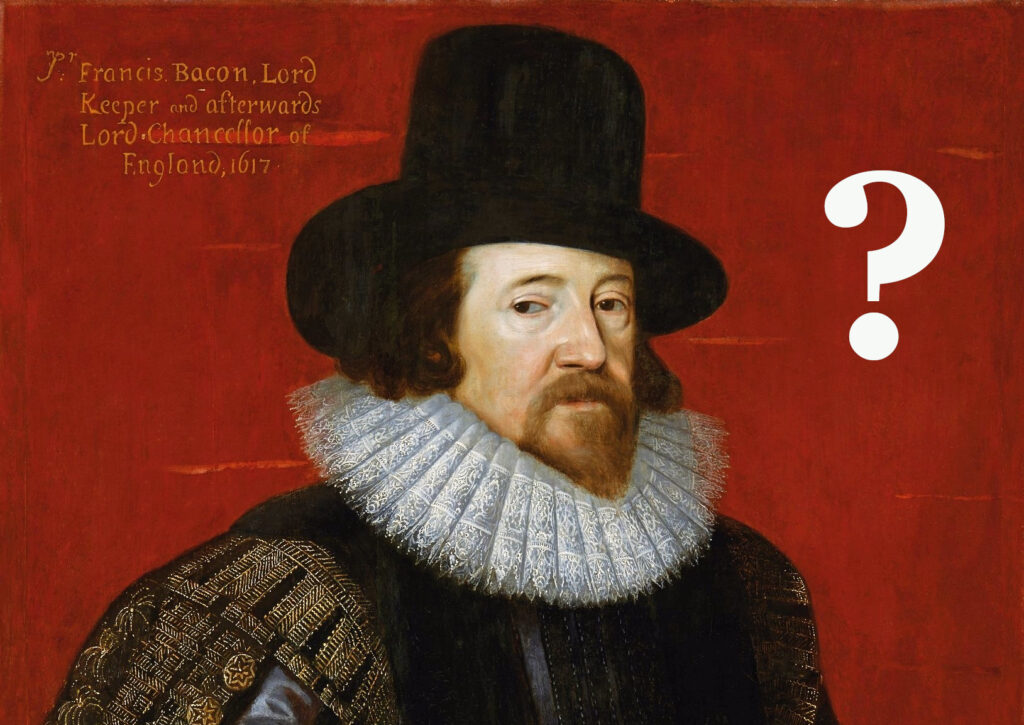Francis Bacon? Samuel Palmer? James Kelly? Anonymous?

Question for Quote Investigator: Valuable insights into cultures may be obtained by studying popular proverbs. The English philosopher and statesman Francis Bacon has been credited with the following statement:
The genius, wit, and spirit of a nation are discovered in its proverbs.
I am skeptical of this attribution because I have never seen a solid citation. Would you please explore the provenance of this remark?
Reply from Quote Investigator: Francis Bacon died in 1626, and the earliest match located by QI appeared many years later in 1710 within the book “Moral Essays on Some of the Most Curious and Significant English, Scotch and Foreign Proverbs” by Samuel Palmer who was a Presbyter of the Church of England. Boldface added to excerpts by QI:1
It has been observ’d by Great Men, that the Genius, Wit, and Spirit of a Nation, is discover’d by their Proverbs, which shew the Wisdom, Invention and Disposition of the Country either to Virtue or Vice.
Thus, the first citation in 1710 specified an anonymous attribution. Yet, Francis Bacon received credit in 1721 on the title page of the following work: “A Complete Collection of Scotish Proverbs Explained and Made Intelligible To the English Reader” by James Kelly. The word “Scottish” in the title was spelled as “Scotish”:2
The Genius, Wit, and Spirit of a Nation, are discovered by their PROVERBS.
Ld. BACON.
QI does not know why James Kelly credited Bacon. Earlier evidence may exist, but QI has not yet discovered it.
Below are additional selected citations in chronological order.
In 1738 “The London Magazine”3 and “The Gentleman’s Magazine” of London both printed the following passage:4
My Lord Bacon observes, that the Genius, Wit, and spirit of a Nation, are discovered by their Proverbs; such as the noble Sublimity of the antient Greeks and Romans, the Gravity of the Spaniards the Sprightliness of the French, and the rugged Simplicity of the English; of which last, I will begin with those relating to Kings.
In 1818 another edition of “A Complete Collection of Scottish Proverbs” by James Kelly was published. The title page featured the same saying and attribution:5
The genius, wit, and spirit of a nation, are discovered by their Proverbs. —Bacon.
In 1832 “Scottish Proverbs, Collected and Arranged” contained a preface by W. Motherwell which included the following passage:6
“The genius, wit, and spirit of a nation,” says Lord Bacon, “are discovered in their proverbs;” and this profound though hacknied observation never received a better exemplification than a patient survey of the contents of the present volume will afford to the student of national characteristics.
In 1859 U.S. essayist Josiah Gilbert Holland published “Gold-Foil: Hammered From Popular Proverbs” which included a thematically related statement:7
The proverbs of a nation furnish the index to its spirit and the results of its civilization.
In 1949 librarian Burton Stevenson published “The Home Book of Quotations: Classical and Modern”. Stevenson was a skilled researcher, and he included the following entry in his compilation:8
The genius, wit, and spirit of a nation are discovered in its proverbs.
FRANCIS BACON, Essays:
QI has examined “The Essays” of Francis Bacon and has been unable to find the quotation.
In conclusion, this article presents a snapshot of current knowledge. The earliest citation in 1710 attributed the quotation to “Great Men”, and the creator remains anonymous. Francis Bacon received credit by 1721, but Bacon died in 1626, so this evidence was weak.
Image Notes: Portrait of Francis Bacon by Paul van Somer I. The image has been cropped and resized.
Acknowledgement: Great thanks to quotation expert Nigel Rees who discussed this quotation in the April 2025 issue of “The ‘Quote…Unquote’ Newsletter”. Rees received a request to explore this topic from proverb expert Wolfgang Mieder. The newsletter discussion included an 1853 citation which described the expression as a “well-worn remark”.
- 1710, Moral Essays on Some of the Most Curious and Significant English, Scotch and Foreign Proverbs by Samuel Palmer (Presbyter of the Church of England), The Preface, Quote Page v and vi, Printed by Tho. Hodgkin for R. Bonwicke, W. Freeman. T. Godwin et al, London. (Google Books Full View) link ↩︎
- 1721, A Complete Collection of Scotish Proverbs Explained and Made Intelligible To the English Reader by James Kelly, (Quotation on title page), Printed for William and John Innys and John Osborn, London. (Google Books Full View) link ↩︎
- 1738 September, The London Magazine, Craftsmen, Sept. 16, No. 636, Observations on some English Proverbs, Quote Page 453, Column 1, Printed for T. Astley, London. (Google Books Full View) link ↩︎
- 1738 September, The Gentleman’s Magazine, Volume 8, The Craftsmen, Sept. 16, No. 636, English Proverbs, apply’d to Great Persons, Quote Page 474, Column 2, Printed by E. Cave, London. (Google Books Full View) link ↩︎
- 1818, A Complete Collection of Scottish Proverbs, Explained and Made Intelligible by James Kelly, (Quotation on title page), Printed for Rodwell & Martin, London. (Google Books Full View) link ↩︎
- 1832, Scottish Proverbs, Collected and Arranged by Andrew Henderson, Preface by W. Motherwell, Quote Page viii, Oliver & Boyd, Edinburgh, Scotland. (Google Books Full View) link ↩︎
- 1859, Gold-Foil: Hammered From Popular Proverbs by Timothy Titcomb (Pseudonym of Josiah Gilbert Holland), Chapter: An Exordial Essay, Quote Page 13, Charles Scribner, New York. (Google Books Full View) link ↩︎
- 1949, The Home Book of Quotations: Classical and Modern, Selected by Burton Stevenson, Sixth Edition, Topic: Proverbs and Familiar Sayings, Quote Page 1627, Column 2, Dodd, Mead and Company, New York. (Verified with scans) ↩︎